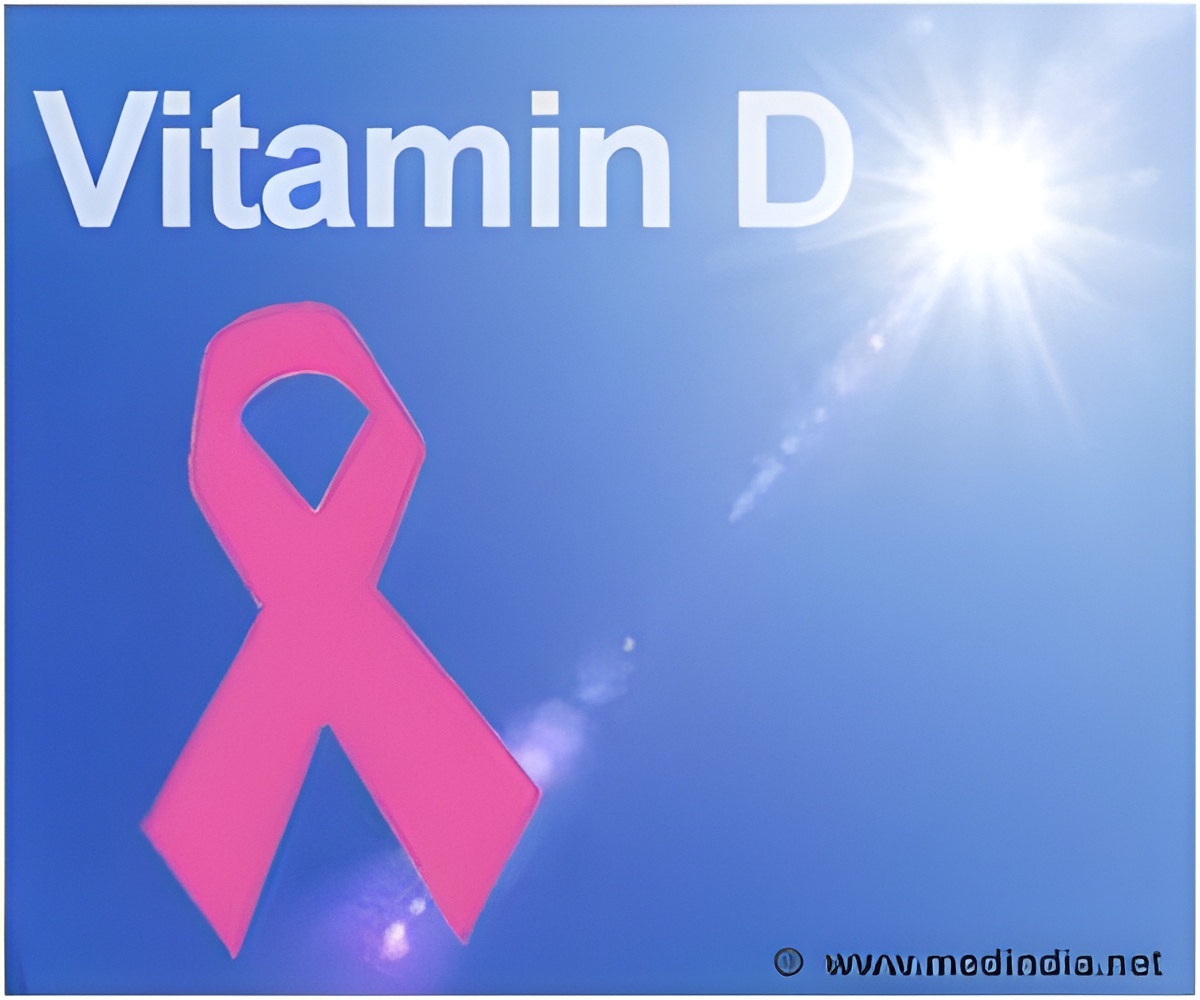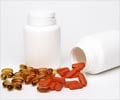Women who have low serum vitamin D levels during the three-month period just before diagnosis are at a higher risk of premenopausal breast cancer, say researchers.

Several previous studies have shown that low serum levels of vitamin D are associated with a higher risk of premenopausal breast cancer.
"While the mechanisms by which vitamin D could prevent breast cancer are not fully understood, this study suggests that the association with low vitamin D in the blood is strongest late in the development of the cancer," principal investigator Cedric Garland said.
Analyses of vitamin D levels measured more than 90 days before diagnosis have not conclusively established a relationship between serum levels and risk of premenopausal breast cancer in the present cohort.
However, this new study points to the possibility of a relevant window of time for cancer prevention in the last three months preceding tumour diagnosis -a time physiologically critical to the growth of the tumour.
According to Garland, this is likely to be the point at which the tumour may be most actively recruiting blood vessels required for tumour growth.
Advertisement
The new study drew upon 9 million blood serum specimens frozen by the Department of Defense Serum Repository for routine disease surveillance.
Advertisement
A 2011 meta-analysis by Garland and colleagues estimated that a serum level of 50 ng/ml is associated with 50 percent lower risk of breast cancer.
While there are some variations in absorption, those who consume 4000 IU per day of vitamin D from food or a supplement normally would reach a serum level of 50 ng/ml.
Garland added that a consensus of all available data has shown no known risk associated with this concentration of vitamin D, which is measured as serum 25-hydroxyvitamin D, but urges patients to ask their health care provider to measure their serum 25(OH)D before substantially increasing vitamin D intake.
"Reliance should not be placed on different forms of vitamin D, such as vitamin D2, and megadoses should be avoided except those ordered by a doctor for short-term use," Garland added.
The study has been published online in the journal Cancer Causes and Control.
Source-ANI













